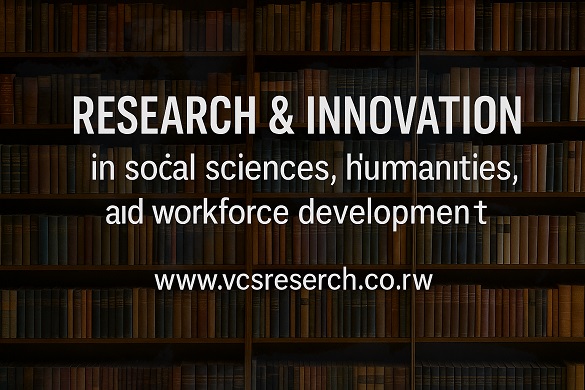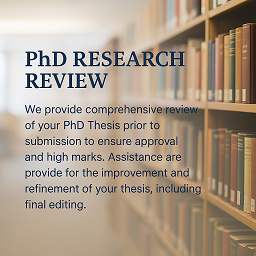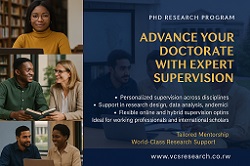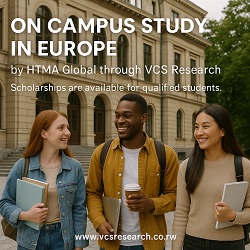
🌍 Research & Innovation in Social Sciences, Humanities, and Workforce Development
At VCS Research, we champion the transformative power of research and innovation in the social sciences, humanities, and workforce development—pillars that shape equitable, inclusive, and sustainable development in Rwanda and across the African continent.
✨ Why It Matters
While STEM fields dominate many development agendas, social sciences and humanities are critical to understanding complex human behaviors, societal structures, and cultural dynamics (Mkandawire, 2011). In Africa, these disciplines help address governance, identity, gender equity, and peacebuilding (Falola, 2022).
In Rwanda, social science research is essential for tackling challenges such as post-genocide reconciliation, inclusive education, and decentralization (Clark, 2010). Our focus on workforce development ensures that vocational and educational systems are aligned with labor market needs, unlocking Africa’s youth demographic dividend (World Bank, 2022).
🔬 Our Approach
- Policy-relevant Research – exploring how norms, structures, and histories shape African development.
- Innovative Methodologies – utilizing digital ethnography, participatory research, and behavioral sciences.
- Skills & Workforce Alignment – bridging the gap between labor market demands and educational systems.
- Cultural Grounding – integrating African knowledge systems and indigenous epistemologies.
🌐 Focus Areas
- Post-conflict reconciliation and peacebuilding in Rwanda
- Gender, youth empowerment, and inclusive development
- Decolonizing education and knowledge systems in Africa
- Skills anticipation and future of work for African economies
- Digital transformation and social resilience
📈 Our Impact
VCS Research provides evidence-based insights to support governments, NGOs, and development partners in crafting inclusive policies and education systems. Our research promotes national unity, equitable workforce strategies, and culturally responsive development.
In an era of rapid urbanization, digital innovation, and demographic shifts, research grounded in social and human sciences is essential to drive meaningful, people-centered progress across Africa.
📚 References
- Clark, P. (2010). The Gacaca courts, post-genocide justice and reconciliation in Rwanda: Justice without lawyers. Cambridge University Press. https://doi.org/10.1017/CBO9780511761588
- Falola, T. (2022). Decolonizing African knowledge: Autoethnography and African epistemologies. Cambridge Scholars Publishing.
- Mkandawire, T. (2011). Running while others walk: Knowledge and the challenge of Africa’s development. African Development Review, 23(S1), 1–17. https://doi.org/10.1111/j.1467-8268.2011.00288.x
- World Bank. (2022). Skills for a resilient recovery: Challenges and opportunities for post-COVID-19 Africa. https://doi.org/10.1596/37217
- OECD. (2021). The future of African youth: Turning the demographic dividend into development. https://doi.org/10.1787/f174f4c1-en
- Nhemachena, A., & Mlambo, N. (2020). Decolonising the university, knowledge systems and disciplines in Africa. Langaa RPCIG.
- Tshabangu, I. (2019). Reconceptualising African epistemologies in higher education. Educational Philosophy and Theory, 51(14), 1437–1447. https://doi.org/10.1080/00131857.2018.1479264
- McGrath, S., & Powell, L. (2016). Skills for sustainable development. International Journal of Educational Development, 50, 12–19. https://doi.org/10.1016/j.ijedudev.2016.05.006
- Amoako, Y. (2021). Know the beginning well: An inside journey through five decades of African development. Africa World Press.
- UNESCO. (2017). Rethinking education: Towards a global common good? https://unesdoc.unesco.org/ark:/48223/pf0000232555


